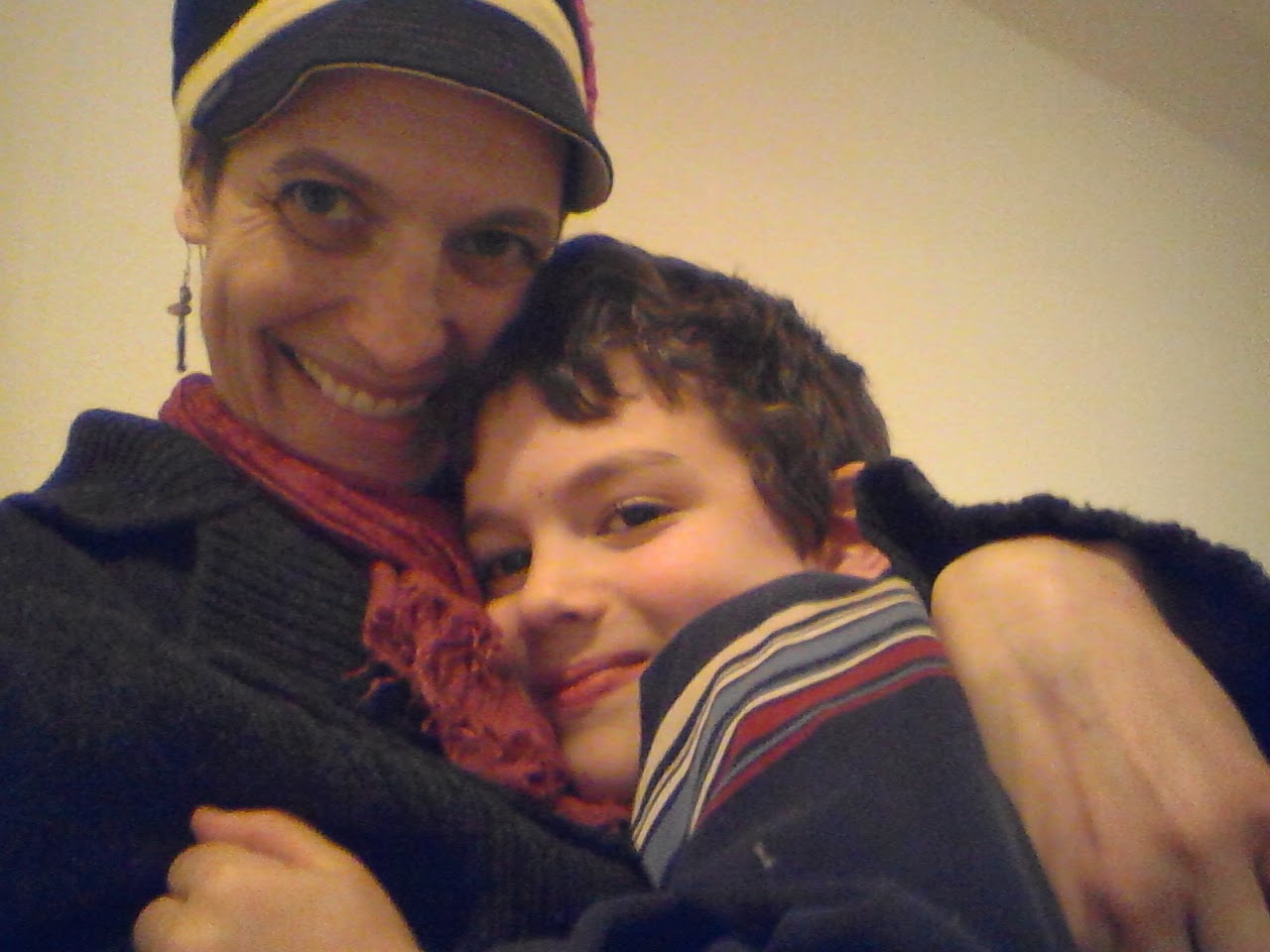Hospitals and humility

I was discharged Friday after ten days in the hospital. Things finally got sorted out and I got a more appropriate diagnosis and treatment, but it is disheartening to find out just how much advocacy, knowledge and persistence it takes to get proper medical care. Having my father with me was invaluable and I am so grateful for his expertise and diligence. I am also grateful for Nu, a longtime friend of my sister-in-law’s who looked after Alder with caring and love during my absence. A neighbor told me her son asked Alder who Nu was and he replied, “She’s a Thai person and she loves me.” With the routine of kindergarten, nurture from Nu, nightly reading with my father, and playtime with local friends and neighbors, Alder continued to thrive while I was in the hospital. I was diagnosed with pericarditis, or inflammation of the sac around the heart. I’m not sure why I got it – it was probably something viral and I may be more susceptible to such things due to my cancer t
